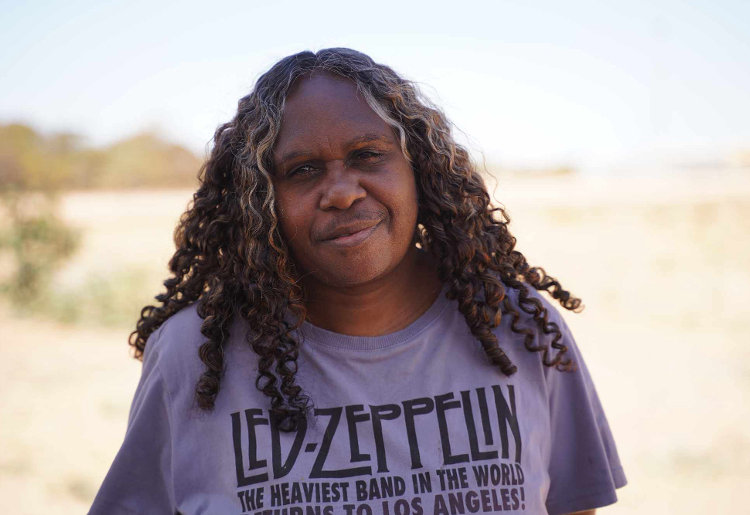Aboriginal Living Languages South Australia
Nguldi arndu!
There were 46 Aboriginal languages in South Australia in 1836. Due to settler-colonialism only 4 remain strong, 19 are partly spoken, and the remaining 23 have fallen silent. These languages present the greatest challenges for revival.
The Aboriginal Living Languages South Australia (ALLSA) is a co-operative partnership between the Ngarrindjeri Aboriginal Corporation, South Australian Museum and the Mobile Language Team at the University of Adelaide. It has been established to preserve and protect languages for future generations.
Tanganekald Yan!
Our story begins with the revival of Tanganekald, a riverine language of the Ngarrindjeri Nation. Milerum (Clarence Long), the last fluent speaker of Tanganekald sensed that his language and culture was at risk of disappearing. In the 1930s, Milerum worked closely with South Australian Museum ethnologist Norman Tindale to record and preserve Tanganekald for future generations. The ALLSA website draws from Milerum’s recordings and the contributions of Milerum’s descendants and the Ngarrindjeri Aboriginal Corporation as the cultural authority for Tanganekald.
This partnership has enabled the recovery of words, through archival research. Today, 25% of the Tanganekald language is incorporated within the Ngarrindjeri dictionary but without this research the rest of the language would be lost. Approximately 1700 Tanganekald words have been gathered as part of this project, with about 500 of these words presented on this website.
Tanganekald people invite you to experience, learn and use their language. Start your journey here.
Video caption: ©The Museum Board of South Australia
2021 Film: Max Mackinnon Same River Studio
Music: V. O’Neil
Yankunytjatjara Wangka!
Following the first exhibition in the series Arabana Yanhi! Tanganekald Yan! in October 2022, this latest installment in the Keeping Ancestral Voices Alive series continues to celebrate and share how Aboriginal communities are continuing to maintain, transmit and teach their languages across communities and country.
An increasing number of Australia’s Indigenous languages are undergoing revival and maintenance by dedicated communities of speakers and learners across the country. Just under half of the 47 languages of South Australia are undergoing some form of revival or maintenance. Yankunytjajara is one of the stronger languages. While it is spoken across Australia, its traditional homeland is the Aṉangu Pitjantjatjara Yankunytjajtara Lands in north-western South Australia and across the border in the wider region surrounding Uluru.
Launched as part of Tarnanthi Festival of Contemporary Aboriginal and Torres Strait Islander Art, the exhibition showcases original artwork by Coober Pedy-based Yankunytjatjara artist Myra Kumantjara that illustrates the language of her community.
This language-immersive exhibition puts Yankunytjatjara language at the heart of the content, with all exhibition panels solely presented in Yankunytjatjara with English translations available via QR codes (a large-print English guide will also be available). Co-curated by Yankunytjatjara women Myra Kumantjara and Karina Lester this exhibition asks audiences to leave English at the door and to be immersed in wangka (language), to hear and see the strong Yankunytjatjara language.

Image caption: Myra Kumantjara at Coober Pedy, courtesy Mobile Language Team
United Nations International Decade of Indigenous Languages
The United Nations General Assembly has declared the period between 2022 and 2032 as the International Decade of Indigenous Languages to draw attention to the critical status of many Indigenous languages across the world and encourage action for their preservation, revitalization and promotion. This website joins a network of activities, events and resources across the globe in celebrating and strengthening Indigenous languages.
Visit the Mobile Language Team website